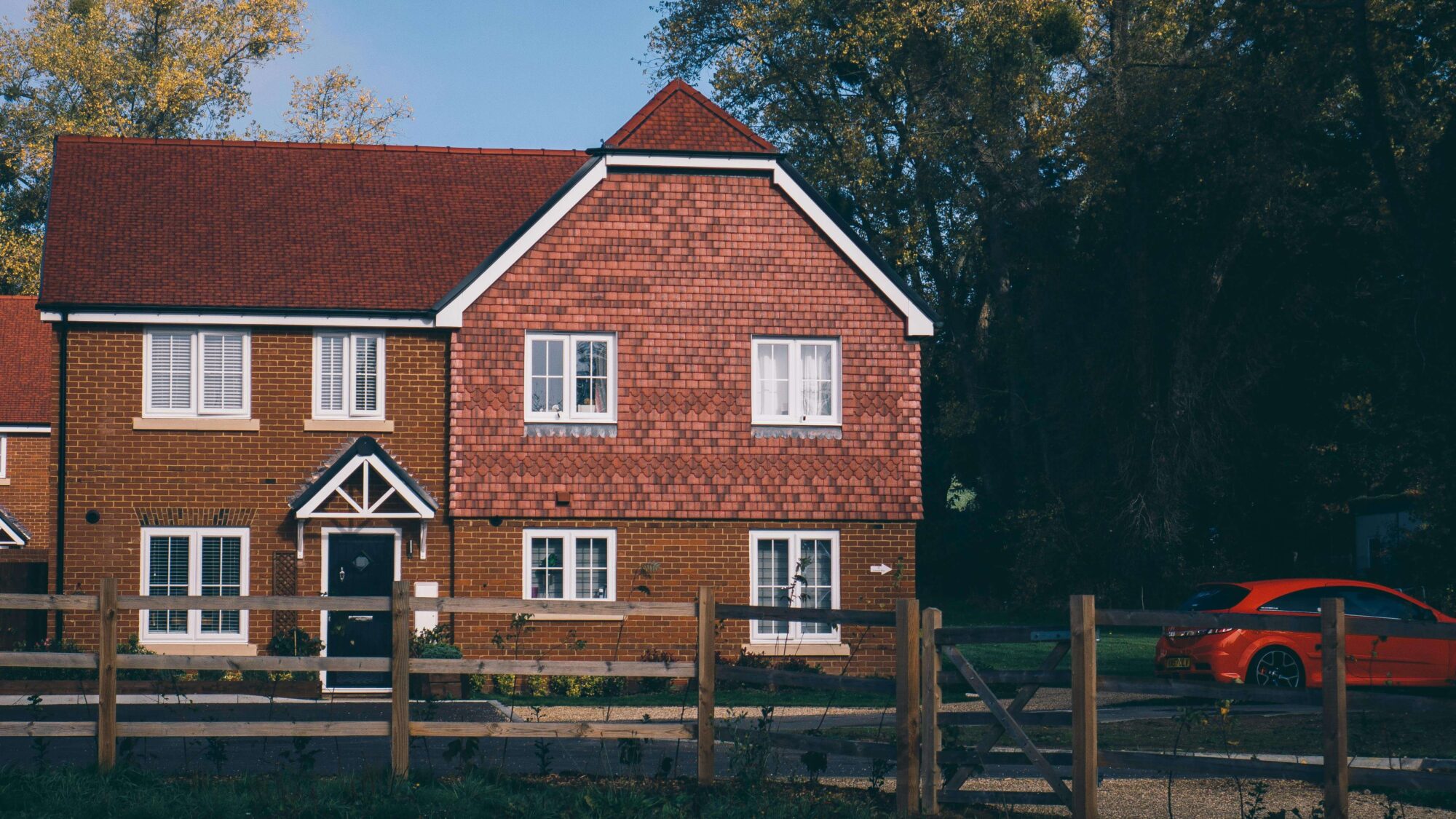Changes to the protection offered to pregnancy employees and those returning from maternity, shared parental…
Right to Buy | DFA Law Northampton Solicitors News
PLEASE NOTE: Information in this article is correct at the time of publication, please contact DFA Law for current advice on older articles.
Right to Buy – Common Sense Prevails in Definition of Premises
The right of a tenant to buy his or her property (under the Leasehold Reform, Housing and Urban Development Act 1993) is now well known. The right, however, does not apply in all cases and one of the exceptions is that a landlord may refuse to sell a property if it is the landlord’s intention to redevelop the premises.
Recently, a tenant’s application to buy his flat, which was one of a block of 50 in a nine-storey building, was refused by the landlord on the grounds that he intended to redevelop the premises, in this case by making the flat into a ‘duplex’ including the flat below.
The relevant section of the Act allows the landlord to resist an application if the landlord intends to ‘redevelop any premises in which the tenant’s flat is contained’, but only in cases in which the construction works are carried out on a ‘substantial part of any premises in which the tenant’s flat is contained’.
At issue was what was actually meant by the phrase ‘any premises in which the flat is contained’. In the view of the landlord, it meant any definable part of the building which could be shown on a plan. The tenant, however, argued that ‘premises’ meant a recognisable part or area which contains the flat in question. In essence, this argument is that if a space is one which a visitor would recognise as constituting premises, then that space or area counts as premises for the purposes of the Act. If, on the other hand, a visitor would not recognise the ‘separateness’ of that space or area, it is not premises. The House of Lords agreed that this must be the test, since it could not have been the intention of Parliament to allow landlords to define what constitutes premises, in such circumstances, according to their own wishes.
In the case in point, the Lords considered that a visitor to the block of flats would consider the block as a whole to be the premises, not the tenant’s flat plus the flat below it. In this case, therefore, the landlord’s claim failed, since the premises as a whole were not subject to redevelopment plans.
Contact our property team on 01604 609586 for further advice.



